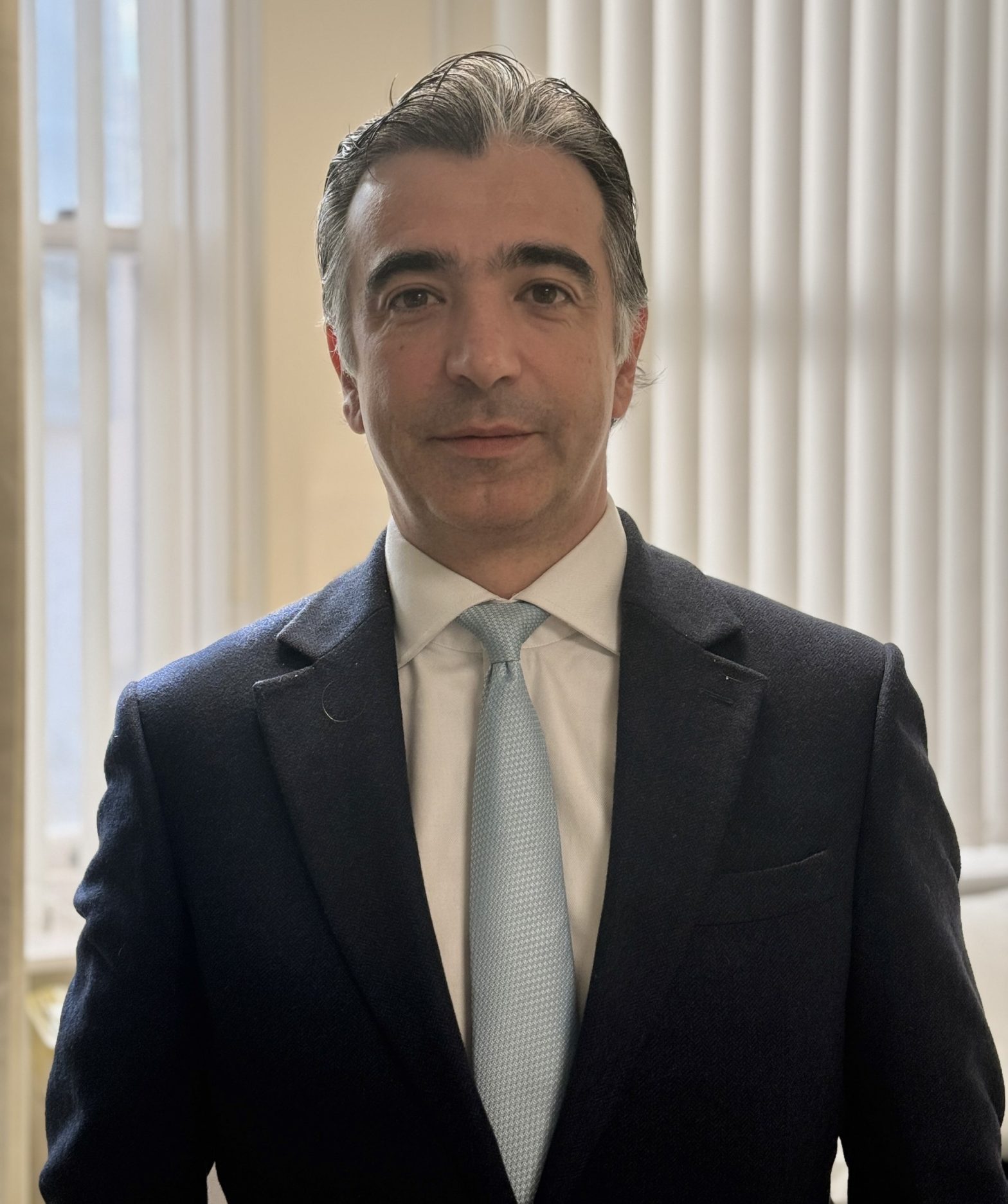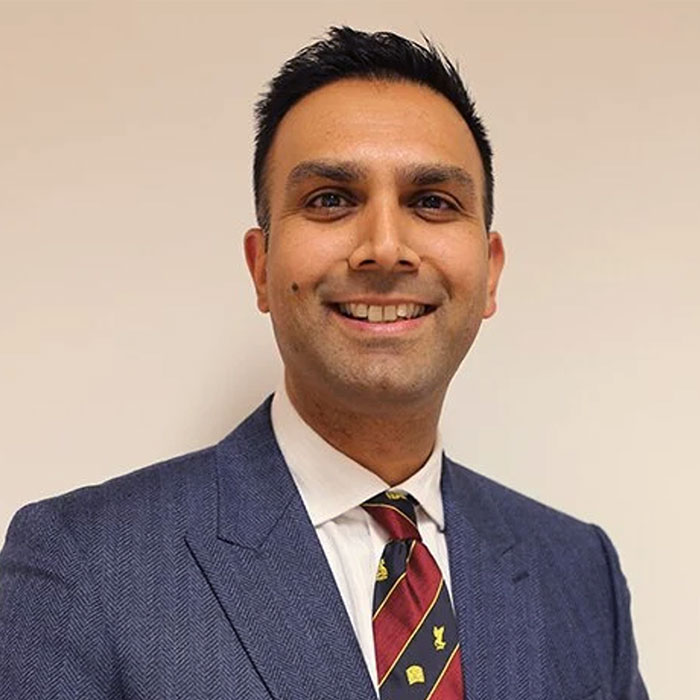
- Anal Fissure Treatment with Expert Colorectal NHS Consultant Surgeons
- Providing relief from pain and discomfort and improving overall quality of life
- No waitlists, pick a treatment date and time to suit you
What’s on this page
Medically reviewed by Mr Piero Nastro, MD, MRCS, FRCS(Eng). GMC Number: 6037215, Laparoscopic, General & Colorectal Consultant Surgeon for The Private Clinic of Harley Street, London.
Last Reviewed December 13th 2023
Related Treatments
Anal Fissures
An anal fissure is a small tear or cut in the skin lining of the anus, which can cause discomfort and pain during bowel movements.
They appear as fleshy, hanging skin protrusions and can often be confused for other related conditions such as haemorrhoids.
Many people assume they have a haemorrhoid when they experience anal pain but both anal fissures and haemorrhoids can have similar symptoms often causing people to misdiagnose themselves.
Haemorrhoids don’t always cause pain, but 90% of fissures do. However, the pain from a fissure usually occurs in episodes, while haemorrhoid pain can be constant. [1]
Anal fissures can affect anyone with 1 in every 10 people affected at some point in their life. Children and younger adults below the age of 40 are more prone to developing them. [2]
Whilst most cases of anal fissures will get better without treatment, many find themselves struggling to heal and require medical help to treat it. Surgical treatment may be required if the anal fissure is struggling to heal. Muscle spasms and subsequent bowel movements can prevent healing.
The Private Clinic offers fast and pain-free anal fissure treatment at our discrete and private clinics in London and Birmingham.
What causes anal fissures?
Causes of anal fissures include:
- Constipation
- Straining during bowel movements.
- Diarrhoea – Frequent loose stools can irritate the anal canal.
- Anal Trauma – Pregnancy and intercourse can cause damage to the anal region.
- Tight Sphincter Muscles – Tight anal sphincter muscles can increase the tension in the anal canal making it more susceptible to tearing.
Diseases such as Inflammatory Bowel Disease, Chron’s Disease or Ulcerative Colitis can put you more at risk of developing anal fissures.
What are the symptoms of an anal fissure?
Common symptoms of anal fissures include:
- Pain – Usually worse when passing bowel movements but can last for hours after.
- Bleeding – Fresh red blood may be noticed in bowl movements.
- Itching & Discomfort – Burning, irritation and itching feeling in the anal area.
- Muscle Spasms – Spasms of the anal sphincter muscles can worsen the pain.
How do I know if I have an anal fissure?
The best way to diagnose an anal fissue is to visit a healthcare professional such as one of our experienced Colorectal Surgeons. They will discuss your symptoms and medical history whilst also performing a physical examination of the area. In doing this, they will be able to accurately let you know the cause of your anal pain or discomfort and what treatment would be recommended to help.
Anal fissures have a variety of classifications that will determine which type of treatment may be best suited.
- Acute Anal Fissure – Present for less than 6 weeks
- Chronic Anal Fissure – Present for more than 6 weeks
- Primary Anal Fissure – No clear underlying cause
- Secondary Anal Fissure – Clear cause which could include constipation or underlying conditions such as IBS. [3]
Do I need anal fissure treatment?
Most anal fissures will heal on their own, a few lifestyle changes such as eating more fibre, keeping active and staying hydrated are good choices to make to not only heal existing anal fissures but to stop recurrence too.
Non-Surgical Anal Fissure Treatments
If your anal fissure is struggling to heal, then medical assistance may be required. There are non-surgical treatments such as Glyceryl trinitrate ointment and calcium channel blockers. Either of these treatments should be applied topically to the area to promote healing.
- Glyceryl trinitrate ointment – A medicinal ointment also known as GTN which is applied to the area twice a day. It increases blood supply to the area promoting faster healing.
- Topical calcium channel blockers – Topical solution applied to the area works to relax the sphincter muscle and increase blood supply to the area which promotes healing.
Surgical Anal Fissure Treatments
If the topical treatments have not been successful, then anal fissure surgery may be recommended. We provide patients with a selection of private self-pay anal fissure surgery treatments. Our expert colorectal surgeons will be able to advise on which is going to be most effective for you.
- Botulinum toxin injections – Injection to the sphincter muscle which relaxes the muscle helping to reduce pain and allow the fissure to heal.
- Lateral Sphincterotomy – A small cut is made within the ring of the muscle surrounding the sphincter muscle to reduce tension in the anal canal allowing the anal fissure to heal, whilst also reducing the risk of recurrence.
- Advancement anal flap surgery – Healthy tissue is taken from another part of the body and placed in the anal area to help repair the fissure and improve the blood supply.
Benefits of Private Self-Pay Anal Fissure Treatment
- Quick consultations with experienced Consultant Surgeons.
- No waiting lists.
- Relief from pain and discomfort.
- Ease of bowel movements.
- Increase in self-esteem and confidence.
- Overall improvement of quality of life.
Ask us a question
What to Expect
Anal Fissure Consultation
A consultation will take place with one of our colorectal surgeons who are experts in diagnosing and treating anal fissures where medical assistance is required.
During your consultation, the surgeon will:
- Listen to your concerns regarding your anal fissures
- Review your medical history
- A proctoscopy examination to rule out other possible causes for your symptoms such as haemorrhoids
- Assess your anal fissure/s
- Discuss the best treatment plan
- Detail the risks and complications of anal fissure treatment
- If relevant, they will detail what will happen on the day of the procedure
- Go through the recovery and aftercare required
- Provide help and assistance for reducing recurrence
Following your consultation with your colorectal surgeon, you will be assigned a dedicated patient coordinator. They will be able to provide you with your detailed treatment plan along with the full cost and pricing details. You will leave our clinic feeling able to make a well-informed decision.

Anal Fissure Pre Op
If you have been recommended to try a surgical procedure then you will be required to have a pre-op assessment ahead of your treatment.
All our patients are assessed against our patient selection criteria. Following your anal fissure consultation and review of your medical history, the physician or pre-operative nurse will choose the pre-operative tests considered to be appropriate, most of which are routine blood tests.
You will be provided with a pre-operative instruction sheet ahead of your procedure which will help you to prepare for your anal fissure treatment.

Anal Fissure Procedures
There are a variety of anal fissure procedures available. Your surgeon will be able to advise on which one they feel is going to be most effective for you.
Botulinum Toxin Injections
Botulinum toxin injections are commonly used to reduce fine lines and wrinkles from the face but it is used a lot in medical instances to help reduce pain and discomfort by relaxing muscles.
The treatment is performed as a day-case procedure in theatre under general anaesthetic. The anal sphincter muscle is injected with botulinum toxin. This prevents the muscle from spasming which will as a result reduce pain and allow the anal fissure to heal.
Patients will be able to return home the same day once recovered from the general anaesthetic.
The effects of this treatment will last for 2-3 months which allows enough time for anal fissures to fully heal.
Fissurectomy
A fissurectomy procedure involves cutting away the damaged skin surrounding the anal fissure. This procedure is usually combined with botulinum toxin injections or advancement flap surgery.
Lateral Sphincterotomy
A lateral sphincterotomy or Sphincterectomy also known as LIS is a surgical procedure to treat an anal fissure. The procedure will be performed as a day-case procedure in theatre under general anaesthetic.
Once the general anaesthetic has taken affect, the surgeon will make a small incision at the edge of the anus to release part of the muscle that tightens around the anus.
The procedure takes around 10 minutes to perform, and no stiches are required but a small pack of gauze is often placed over the cut which either fall out spontaneously or be passed during the first bowel movement following the procedure.
Advancement Anal Flap Surgery
Advancement anal flap surgery, also known as advancement flap repair is an alternative surgical procedure used to help heal an anal fissure. This procedure is particularly advantageous for patients who have weakened pelvic floor or anal muscles who are not suitable for a lateral sphincterotomy.
Advancement anal flap surgery is performed as a day case procedure in theatre under general anaesthesia. A flap of skin tissue is taken usually either from around the outside of the anal canal, or the lining of the bowel near to the anal canal. The flap of tissue is then attached to internal opening of the anal fissure and secured with absorbable stitches.
The procedure takes around 45 minutes to perform, a small pack of gauze is often placed over area which will either fall out itself or be passed during the first bowel movement.

Anal Fissure Treatment Aftercare
The aftercare and recovery following Lateral Sphincterotomy and Advancement Anal Flap Surgery are similar.
Patients following anal fissure surgery will have a period of recovery time at the hospital usually 1-2 hours. Once your surgeon is happy with your recovery, you will be able to return home. All patients will require a chaperone to escort them home. We advise that patients do not drink alcohol, drive, use machinery or make any important decisions for at least 24 hours following general anaesthetic.
Medication
You will be provided with painkillers and laxatives to take which will help to keep you comfortable during your recovery period. It is important to keep bowel movements regularly and soft during your recovery period and to avoid constipation. A diet of high fibre foods and regularly drinking water will be recommended.
Bowel Movements
The first bowel movements following surgery may be uncomfortable and you may notice small amounts of bleeding. This is normal and to be expected, but if you are concerned about anything do not hesitate to contact us.
Returning to work & daily activities
Most patients can return to work after 2-3 days depending on the requirements of their job role. Heavy lifting and excessive exercise should ideally be avoided for 2-4 weeks.
Patients who have had Advancement Anal Flap Surgery are advised to allow 2 weeks before returning to work.
Driving
You will be free to resume driving once you are free from the sedative effects of any anaesthetic and painkillers that you may be taking. Before returning to drive, you should be able to sit in a comfortable driving position and feel confident that you are able to safely control your car including being able to make an emergency stop if required. We recommend that you let your insurance company aware of your recent surgery as you may find that your car insurance is invalid for a certain number of weeks following surgery.
Bathing
We recommend taking regular baths, especially after bowel movements to help keep the area clean.
Results
The results from anal fissure treatment will vary depending on the type of treatment and individual healing times. You will start to notice your previous symptoms improving as your fissure starts to heal. Pain should become less, and any bleeding should stop.
Overall, it can take 6-8 weeks for anal fissures to fully heal.
Botulinum toxin injections can take 1-2 weeks for the effects to take place. The best results are seen after 6 weeks.
A lateral sphincterotomy is one of the most effective surgical procedures for anal fissures with a success rate of 96%–100% [4]. Most patients will fully heal within 2 to 4 weeks.
Follow Up
A 6 week follow-up appointment will be made for you with your consultant colorectal surgeon to discuss the results from your procedure.

The Private Clinic have collaborated with Chrysalis Finance to offer 0% finance for our patients.*
*Acceptance is subject to status. Terms and conditions apply.
Frequently Asked Questions
How can I prevent anal skin tags? / How to avoid anal skin tags?
Once you have had your anal skin tag removed, your surgeon will discuss methods to help prevent skin tags in the future. The best way to prevent further skin tags is to understand the potential cause of your existing one. Often lifestyle changes are enough to prevent future anal skin tags.
Helpful tips include:
- Maintaining a healthy diet with plenty of fibre
- Keeping active each day
- Limiting time spent on the toilet
- Regularly drinking water throughout the day
- Wearing breathable and comfortable underwear
- Avoid straining
Your surgeon may also recommend that you have any digestive problems diagnosed to ensure that there is no underlying condition that may be increasing your risk of developing anal skin tags.
Anal skin tags will not go away on their own. If you want to remove them, you will need to have an anal skin tag removal treatment.
If you are feeling worried about anal skin tags, we recommend visiting us for a consultation. Our consultant colorectal surgeons will be able to determine if the skin tag is harmless or something to be concerned about.
Most people elect to have them surgically removed in a quick procedure performed under local anaesthetic to help improve comfort and any feeling of self-consciousness.
Anal skin tag removal treatment is not routinely commissioned or funded on the NHS. This is because it is deemed to be a cosmetic procedure and not medically necessary.
At The Private Clinic, we understand that anal skin tags can still cause discomfort and concern for many people which is why we offer private self-pay treatment for anal skin tag removal.
Consultations are available for fast and pain-free anal skin tag removal at our private and discreet clinics in London and Birmingham.
No, anal skin tags are a different condition from haemorrhoids. The most noticeable difference between the two conditions is that haemorrhoids usually cause more pain and discomfort.
Haemorrhoids are swollen veins whereas anal skin tags are small sections of excess skin.
Haemorrhoids both external and internal cause swelling in the area. As the swelling reduces, excess skin that was previously stretched may not shrink back which can then cause skin tags to develop. This is why the two conditions are often interlinked with many patients developing anal skin tags following haemorrhoid removal treatment.
If you are unsure if you have haemorrhoids or anal skin tags, visit us for a no-obligatory consultation where our expert colorectal surgeons will be able to accurately diagnose your anal condition and advise on the best treatment to suit you.
Our Anal Fissure Treatment Clinics
Meet our Medical Experts
We are the UK’s leading cosmetic group and have some of the most experienced colorectal surgeons in the country working with us.
Consultant Laparoscopic, General & Colorectal Consultant Surgeon
Consultant Laparoscopic General & Colorectal Surgeon








